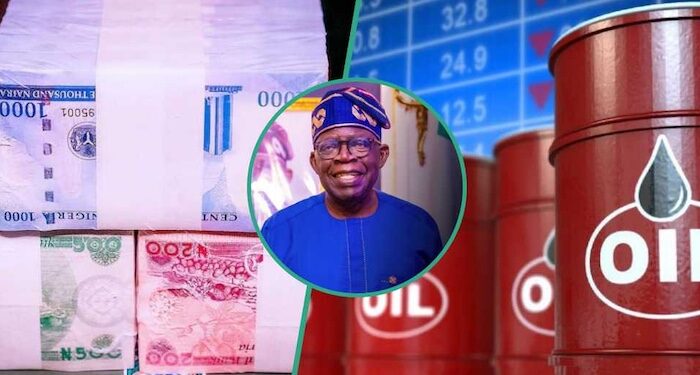Abuja, April 10, 2025 — The Federal Government has assured Nigerians that the Crude and Refined Product Sales in Naira initiative will continue as long as it remains beneficial to the public and supports the national economy.
This assurance followed a high-level meeting of the Technical Sub-Committee on the Crude and Refined Product Sales in Naira Initiative, held in Abuja on Wednesday. The meeting was chaired by the Minister of Finance and Coordinating Minister of the Economy, Mr. Wale Edun, and attended by key stakeholders across the oil and finance sectors.
The initiative, which began on October 1, 2024, allows local refineries to purchase crude oil and sell refined products in naira — a strategic move aimed at reducing Nigeria’s reliance on fuel imports, easing pressure on foreign exchange reserves, and ultimately lowering pump prices.
However, implementation challenges emerged when the Nigerian National Petroleum Company Limited (NNPCL) suspended the initiative on March 10, 2025, citing that all available crude had already been sold in advance until 2030. Following that, the Dangote Petroleum Refinery halted naira-based sales, citing concerns over currency mismatch with its dollar-denominated crude purchase obligations.
Despite these setbacks, a statement from the Federal Ministry of Finance, signed by Director Mohammed Manga, reaffirmed that the initiative is not only still in effect but will also remain a central pillar of Nigeria’s energy and economic strategy.
“The stakeholders reaffirmed the government’s commitment to the full implementation of this strategic initiative, as directed by the Federal Executive Council (FEC),” the statement read.
Broad Stakeholder Support
The meeting brought together a wide array of stakeholders, including Dr. Zacch Adedeji, Chairman of the Technical Sub-Committee and Executive Chairman of the Federal Inland Revenue Service (FIRS); Mr. Dapo Segun, Chief Financial Officer of NNPCL; and representatives from the Dangote Refinery, NNPC Trading, NUPRC, NMDPRA, CBN, NPA, and Afreximbank.
Participants reviewed progress and discussed solutions to ongoing implementation challenges, particularly concerns from private refineries over access to crude and the complexities of currency mismatches in sales and procurement.
The statement reiterated that the initiative is designed to support sustainable local refining, bolster energy security, reduce foreign exchange outflows, and stimulate economic growth.
“Implementation challenges may arise from time to time. However, such issues are being actively addressed through coordinated efforts among all relevant parties,” it said.
Private Sector Commends Government’s Action
Reacting to the federal government’s recommitment, Dr. Muda Yusuf, Chief Executive Officer of the Centre for the Promotion of Private Enterprise (CPPE), hailed the move as a positive step for economic sustainability.
“This is commendable and possibly an indication of good things to come under the new NNPC leadership and with the support of the coordinating minister of the economy,” Yusuf said.
He emphasized that the arrangement reflects strategic economic thinking, rooted in energy security, self-reliance, and the conservation of foreign exchange.
“This should be the norm for all sectors of the economy. It is not only a patriotic duty but also a fundamental responsibility of government,” he added.
Yusuf also urged the government to continue to play a facilitative — not obstructive — role in encouraging private sector investments, calling it “the pathway to sustainable economic growth and development.”
Looking Ahead
The government’s renewed backing of the Crude-for-Naira initiative is seen as a bold signal to both investors and local operators in the energy space, with stakeholders optimistic that consistent policy implementation could unlock major economic dividends for Nigeria.


